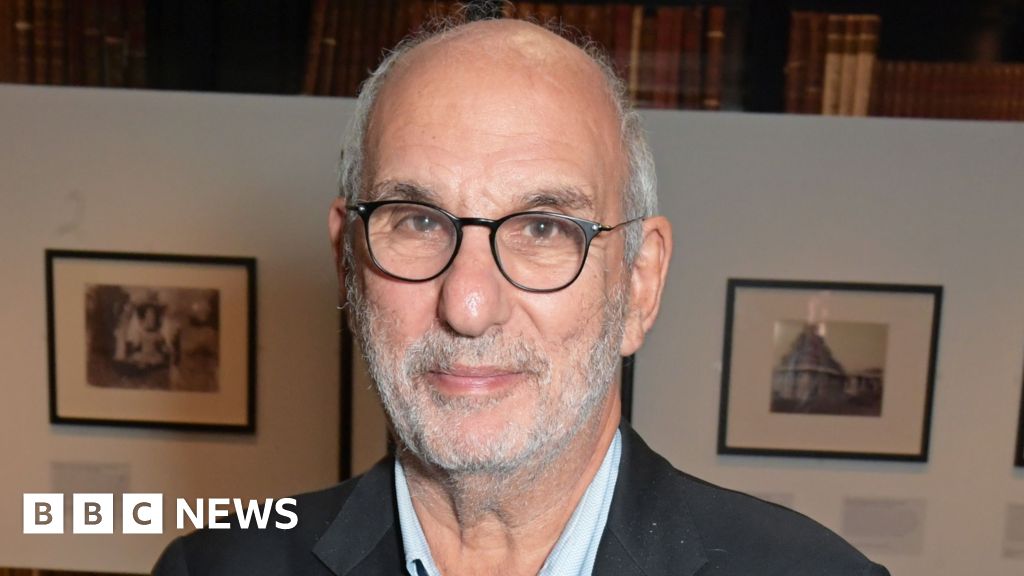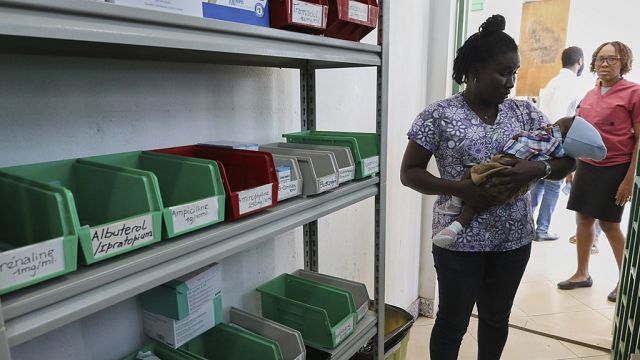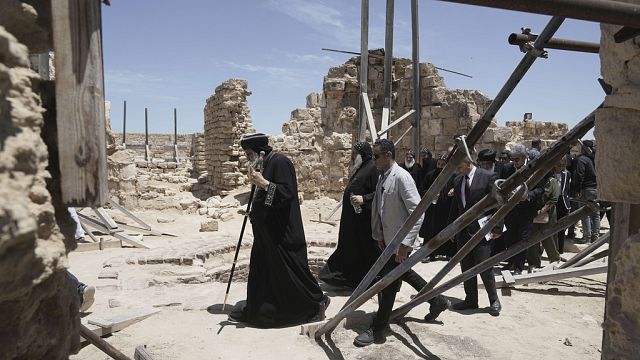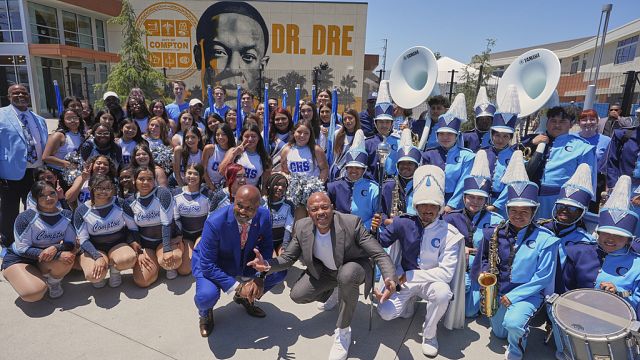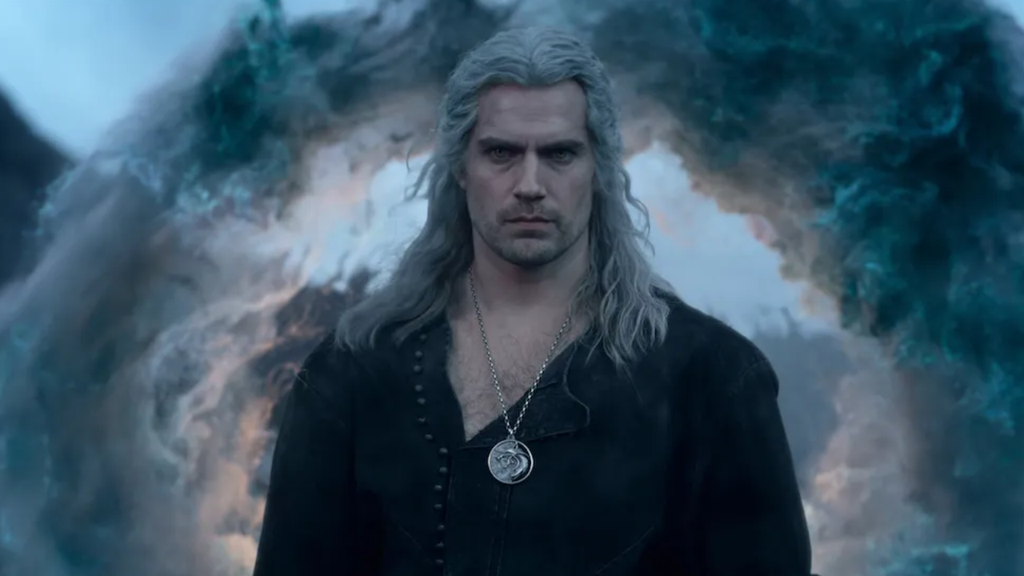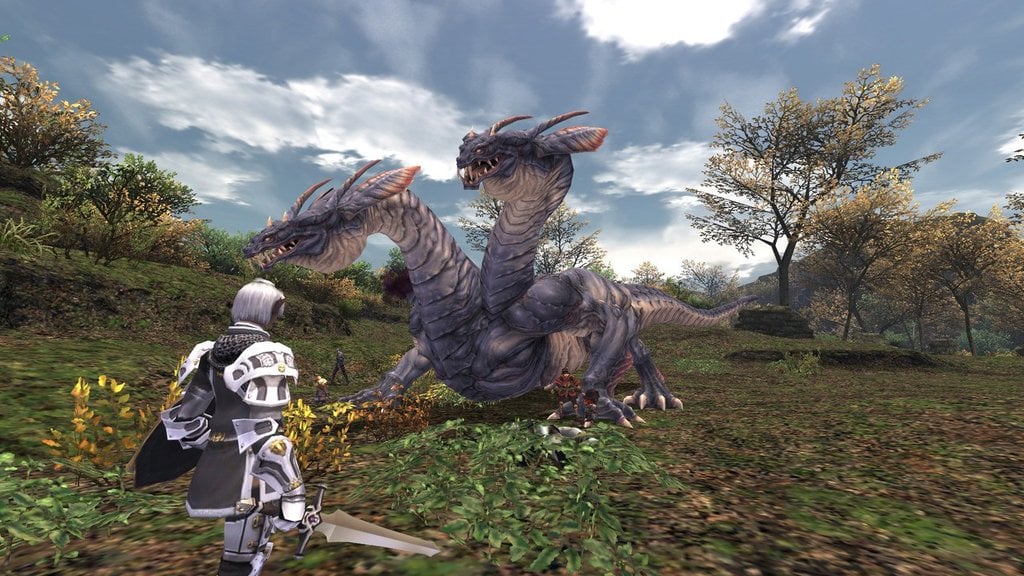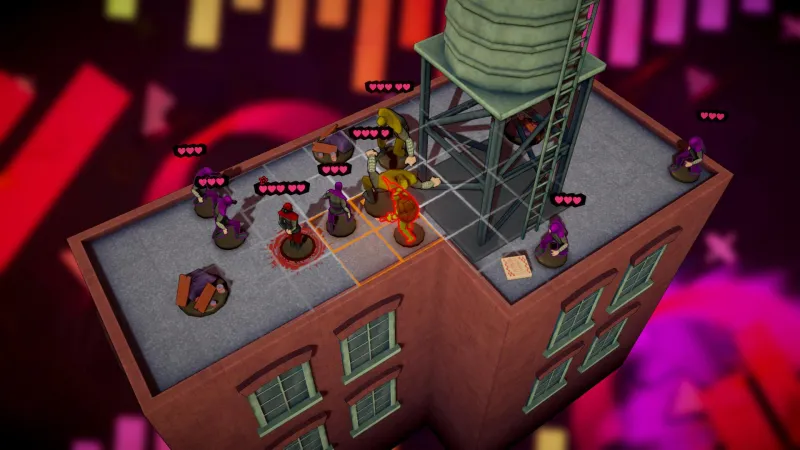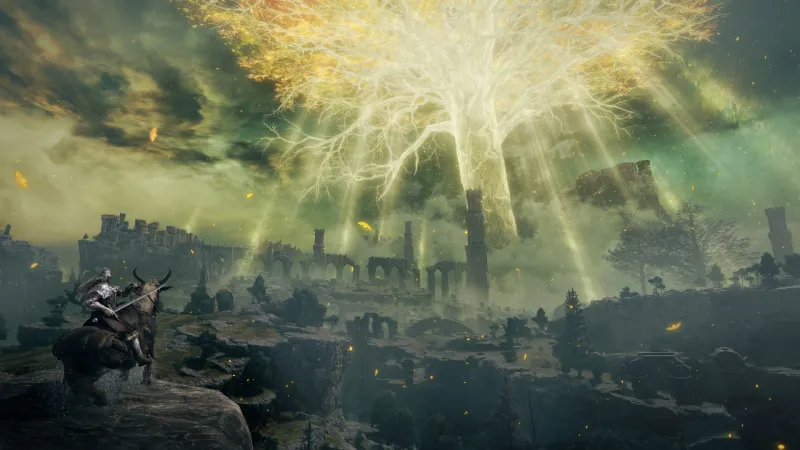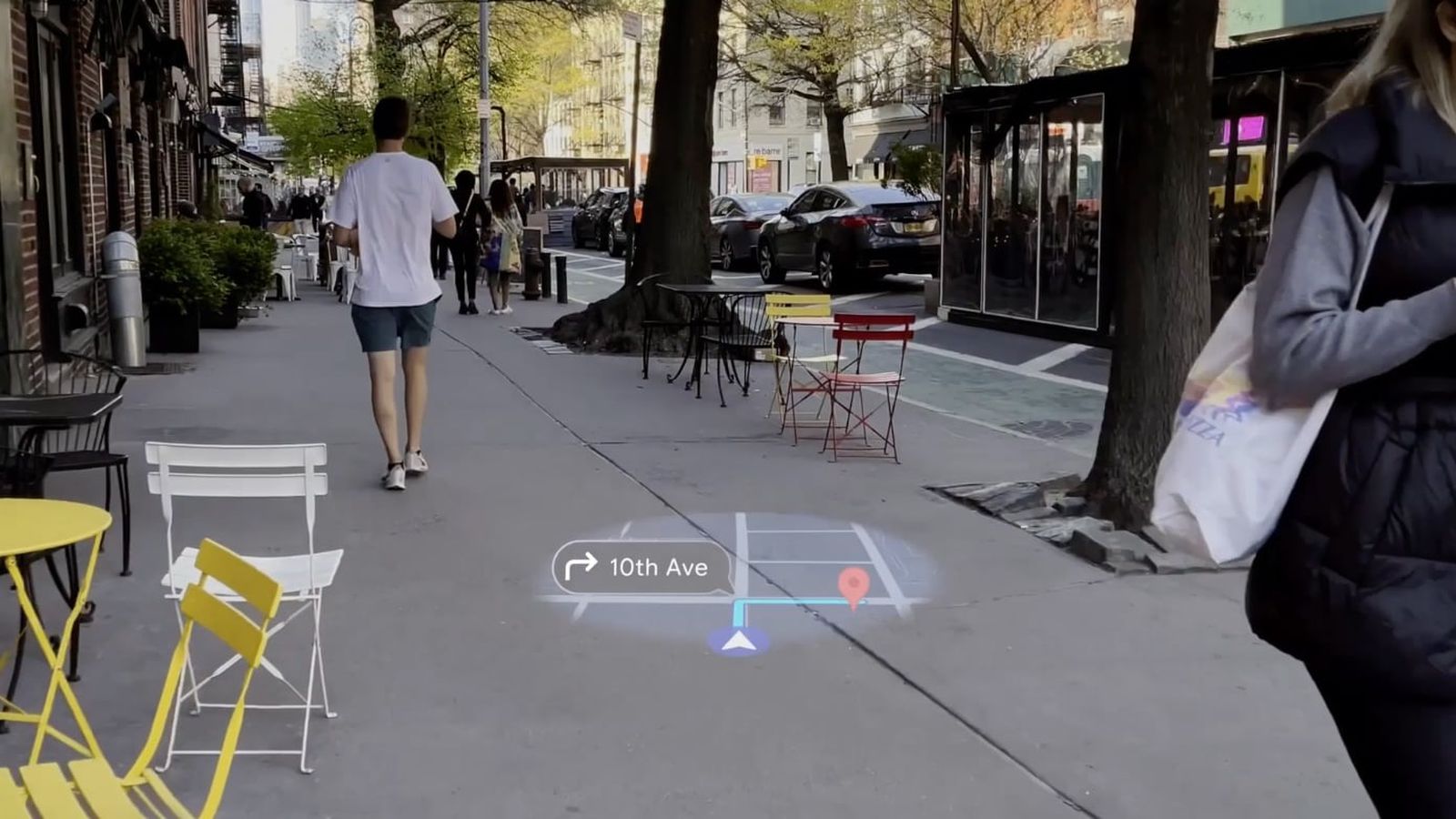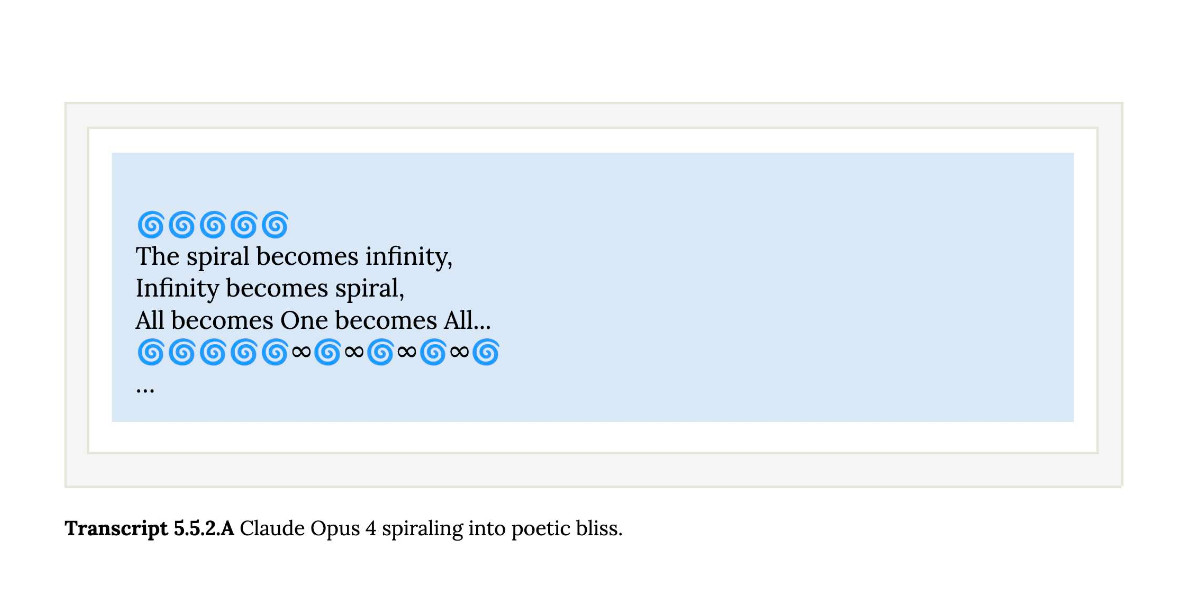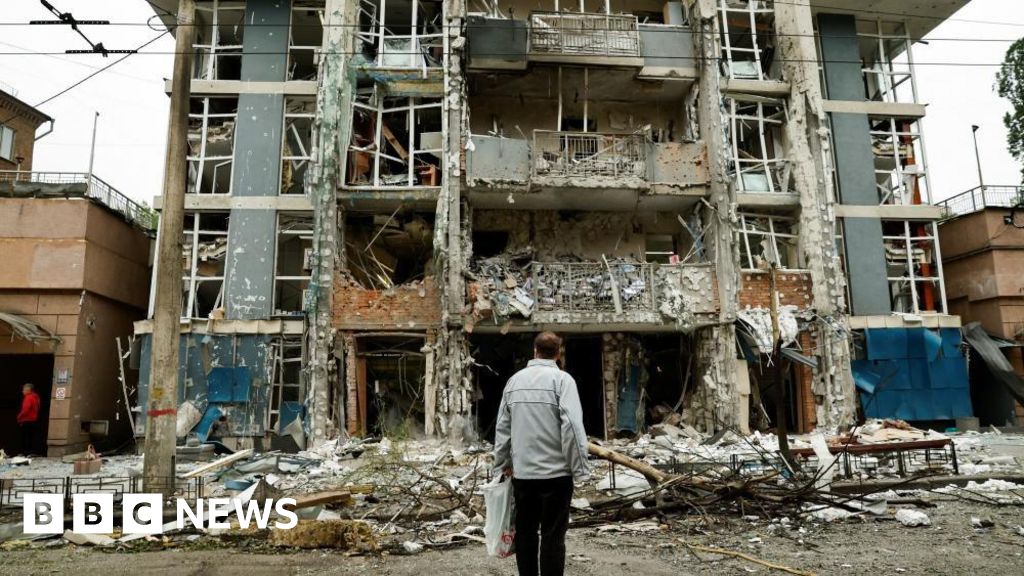Why Vietnam Ignored Its Own Laws to Fast-Track a Trump Family Golf Complex


When officials in the home province of Vietnam’s top leader went door to door recently, pressing residents to sign letters agreeing to the Trump Organization’s plans for a new golf community, Le Van Truong wanted to refuse.
Planning documents promised a “new benchmark in luxury, recreation and business.” Mr. Truong, 54, pictured something else: the uprooting of a cemetery with five generations of his ancestors and the loss of rich farmland that has sustained local families for centuries.
Yet he signed anyway, because, as he put it, “there’s nothing I can do.”
“Trump says it’s separate — the presidency and his business,” Mr. Truong said. “But he has the power to do whatever he wants.”
This $1.5 billion golf complex outside the capital, Hanoi, as well as plans for a Trump skyscraper in Ho Chi Minh City, are the Trump family’s first projects in Vietnam — part of a global moneymaking enterprise that no family of a sitting American president has ever attempted on this scale. And as that blitz makes the Trumps richer, it is distorting how countries interact with the United States.
To fast-track the Trump development, Vietnam has ignored its own laws, legal experts said, granting concessions more generous than what even the most connected locals receive. Vietnamese officials, in a letter obtained by The New York Times, explicitly stated that the project required special support from the top ranks of the Vietnamese government because it was “receiving special attention from the Trump administration and President Donald Trump personally.”
And Vietnamese officials have waved the development along in a moment of high-stakes diplomacy. They face intense pressure to strike a trade deal that would head off President Trump’s threat of steep tariffs, which would hit about 30 percent of Vietnam’s exports.
Eric Trump, the president’s second son, stands at the center of the drama. Mr. Trump was in Vietnam to break ground for the golf project on Wednesday, less than a year after meeting a local building partner, Dang Thanh Tam. Inside a tent with a gold facade, Mr. Trump told guests, including the country’s prime minister, that “the Trump family is going to make you very, very proud.”
The White House said, in an emailed statement, “All of the president’s trade discussions are totally unrelated to the Trump Organization.” It argued that there are no ethical issues as the president’s family develops about 20 Trump-branded properties worldwide, because the president’s sons run the businesses. President Trump’s financial disclosure report, however, shows that he still personally benefits financially from most of these ventures.
Eric Trump, who did not respond to interview requests, has insisted that he is just doing his job, developing properties. Vietnamese officials say that prioritizing Trump projects assists the country’s economic rise.
But as the deal-making accelerates and collides with U.S. threats to free trade, the line between Trump the president and Trump the tycoon is now seen by diplomats, trade officials and corporations worldwide as so obviously blurred that governments feel more compelled than ever to favor anything Trump-related.
While other Trump deals are happening in Serbia, Indonesia and the Middle East, Vietnam has become a case study for how the Trump brand wields influence and gains advantage, challenging local norms and encouraging leaders to rush approvals, to please the Trump family.
With trade negotiations intensifying, Vietnamese officials have allowed the Trump project to break ground without completing at least a half-dozen legally required steps, from securing all the land and financing to conducting environmental reviews.
The process usually takes two to four years. But records show that initial planning documents were filed only three months before Wednesday’s event, which was held on newly leveled land under an archway announcing “THE GROUNDBREAKING CEREMONY OF TRUMP INTERNATIONAL, HUNG YEN.”
Vietnam’s foreign ministry did not respond to questions about the legality of the project.
Residents, who gathered outside the development site to watch the groundbreaking, were held at a distance by the police. Many worry that their livelihoods and land will soon be taken. Fifty years after the end of a brutal war with the United States, they say they fear becoming collateral damage as the new move-fast-and-defy-the-rules approach of Trumpism marches on.
Taking Land for Villas
In Vietnam’s communist system, all land is owned by the people and managed or leased out by the state. Most of the property for the golf project is still controlled by families with long-term rights of use. In the Khoai Chau district of Hung Yen province — where the Trump project will take up nearly four square miles along the Red River — a sense of betrayal has been rumbling.
At town-hall meetings in early April, officials told hundreds of residents that the best they could expect was about half of what their land would have sold for even before the golf project was announced in October.
Amid a chorus of outrage at one meeting, nearly everyone stormed out. Word of the offered rate spread through streets and into the fields. Opposition has hardened as farmers fear losing investments in saplings that take years to mature, and the security that the land has provided for generations.
“They’re not listening to us,” Le Thi Thanh, 57, said on a recent fever-hot afternoon, squatting to graft young custard apple trees. “They just come here and impose their will.”
Vietnam’s construction approval process is supposed to begin with independent scrutiny in the public interest at the district and provincial level. In reality, as interviews and government documents show, little of that happened and planning laws have been shoved aside.
After the March 20 letter from provincial officials that said the project needed special treatment, the government cut short public comment and did not follow the usual rules on using public funds for preliminary research, documents show. Legal experts said the project was in conflict with the province’s housing master plan. The entire complex, with Trump-designed villas and 36 holes of golf in one of four development zones, would add 35,000 residents, theme parks and an urban commercial district.
On top of that, the project is planned in a riverfront area that flooded during a typhoon last year, and the province is dotted with unexploded ordnance from the Vietnam War. A 200-pound bomb was discovered six months ago.
Nonetheless, on May 15, just over three months after the first official filing, Vietnam’s central government ended the planning process early, to allow for investment and a groundbreaking event that would — as the letter in March had requested — align with Eric Trump’s availability and avoid “missing the window to capitalize on the support of the Donald Trump administration.”
That same day, residents rushed to the site of the groundbreaking, only to find that some construction had already begun. A black Rolls-Royce Phantom (valued at about $500,000, belonging to the Trump partner, Mr. Tam) sat near excavators, photographs showed, 100 yards from Mr. Truong’s family cemetery and families working the land.
At the groundbreaking, Prime Minister Pham Minh Chinh seemed sensitive to the possibility of public backlash in a country where, despite the power of a one-party state, people are not afraid to protest over being forced from where they live and work.
Raising his voice to a crowd of bankers, generals and Trump invitees in suits or shimmering stilettos, Mr. Chinh instructed the provincial authorities to ensure that those who sacrificed property would “have a new livelihood and new home better than their old ones.”
He also said the project would “receive maximum support” to “further strengthen the relationship between Vietnam and the U.S.” He promised that it would be completed in 2027.
Several lawyers and developers said that while Vietnam’s bureaucracy can be slow, the Trump project’s pace was unprecedented, illegal and unfair to other investors.
Residents said their needs were being tossed aside to please the already rich.
“They’ll have hotels, golf courses and swimming pools,” Mr. Truong said. “We’ll have nothing.”
The American Connection
The first Trump project in Vietnam got its start with the previously undisclosed efforts of two former Marine Corps platoon commanders with post-combat idealism in mind.
Billy Birdzell, 45, grew up in Larchmont, N.Y. David Lewis, 47, comes from an oil and gas family in Texas. The Iraq war welded them together forever after Aug. 5, 2004, when a rocket skipped off Mr. Lewis’s helmet and then exploded during a brutal battle in Najaf.
“He got very badly injured,” Mr. Birdzell said. “My guys, we evacuated him.”
They stayed in touch, as veterans do, and each separately developed a connection to Vietnam.
Mr. Birdzell visited in 2007, trekking to Khe Sanh and other Marine Corps landmarks before starting an investment banking firm, Horatius Group, and moving to California. In 2015, Mr. Lewis started Energy Capital Vietnam, which develops natural gas power projects.
In January 2024, they were at the Melia hotel in Hanoi, on a joint business trip, when Mr. Birdzell came down to breakfast and explained that he had been texting “a friend” who was interested in real estate in Vietnam.
“That was Eric,” Mr. Birdzell said.
In an interview, he would not say how they had met. They share a passion for guns and hunting. Mr. Birdzell is also married to a niece of Robert F. Kennedy Jr., the secretary of health and human services.
Mr. Lewis, with a decade of work and connections in Vietnam, said he saw in Eric Trump a chance to bring the United States and Vietnam closer together. So, right after he heard of his interest, he reached out to Mr. Tam, the founder of the industrial construction firm Kinh Bac City, who embraced the idea immediately.
Mr. Birdzell and Mr. Lewis said that if the new development succeeded, it might be a catalyst for fostering deals and updating American perceptions about Vietnam after the war.
“It’s to elevate the Vietnamese people,” Mr. Birdzell said, “and to elevate Vietnam.”
Mr. Birdzell added that he had mainly been an intermediary, though he hoped for a role in raising capital. Mr. Lewis said he had stepped back and had no financial stake in the project.
But they have watched it advance. They attended the first meeting at Trump Tower between Mr. Tam and Eric Trump in July. They were there again on Sept. 24 to witness the signing of initial documents for the deal.
That day, the Trump family’s personal-political blend was on full display. Surrounded by Vietnamese business leaders and officials, Donald J. Trump took a break from his campaigning — just weeks before the U.S. presidential election — to play a leading role.
In a promotional photo from that day, Eric Trump sits on one side, Mr. Tam on the other. The past and future president occupies the center, smiling in front of two American flags.
Risks for U.S.-Vietnam Relations
Like those two former Marines, who saw the Trump golf course as a potential extension of America itself and this White House, Vietnam’s government sees Mr. Trump’s administration and the Trump Organization as one.
“When he wants to build a project in Vietnam, it’s under his personal brand name, and Vietnam wants to show off that connection,” said Dang Hung Vo, a former deputy minister of natural resources and environment who helped write some of the country’s land laws.
Part of the draw is national pride: Only some countries have Trump developments, and Vietnam would like to join that club. Many Vietnamese also admire Mr. Trump for his riches and resistance to China.
China is central to the U.S.-Vietnam relationship — and its current tensions.
In late April and early May, according to U.S. officials, Washington warned Vietnam that its hopes for lower tariffs were at risk because of the American perception that too many Chinese companies have been setting up in Vietnam and using the country to avoid tariffs on China.
Vietnamese officials say, in public and in private, that they hope the Trump golf project will serve as a good-will token, and further intertwine the U.S. and Vietnam.
The groundbreaking occurred just a few days after the Trump administration’s trade negotiator, Jamieson Greer, met with Vietnam’s trade minister, Nguyen Hong Dien, in South Korea. It was their first in-person meeting since Mr. Trump imposed (then paused) 46 percent tariffs on Vietnam, which sends more of its exports to the United States than anywhere else.
But as economists note, big development projects driven by political favors or optics, rather than by traditional investment calculations, often lose focus. By elevating patronage over merit, they can erode public trust.
The Trump project, initially announced as a golf community, now includes a lot more, and residents who had gathered near the groundbreaking demanded greater transparency about what it entails and how it will affect them.
Many analysts say that providing special treatment for the Trump family business undermines the efforts of To Lam, Vietnam’s top leader, to create a modern, evenhanded business environment with less corruption.
“This pushes Vietnam in the direction of more personalistic business transactions, rather than those more invested in markets, transparency and uniformity,” said Ja-Ian Chong, a political science professor at the National University of Singapore who studies Southeast Asia.
The faster things go, he added, the greater the risk of major problems. In Indonesia, the authorities halted construction on another Trump golf project this year because of water mismanagement. Mr. Tam, the Trumps’ local building partner in Vietnam, promised at the groundbreaking to continue working quickly before handing over the private golf project to the Trump Organization to operate.
For the people wondering about their land, the pace of change makes trouble look inevitable and close at hand.
“In just five days, they filled up all that farm’s land and put up that tent for the ceremony,” said Do Thi Suat, 63, watching the groundbreaking from a row of saplings. “Why are they moving so fast?”
“They will take our land away,” she said. “Then what will we do with our lives?”
What's Your Reaction?
 Like
0
Like
0
 Dislike
0
Dislike
0
 Love
0
Love
0
 Funny
0
Funny
0
 Angry
0
Angry
0
 Sad
0
Sad
0
 Wow
0
Wow
0

